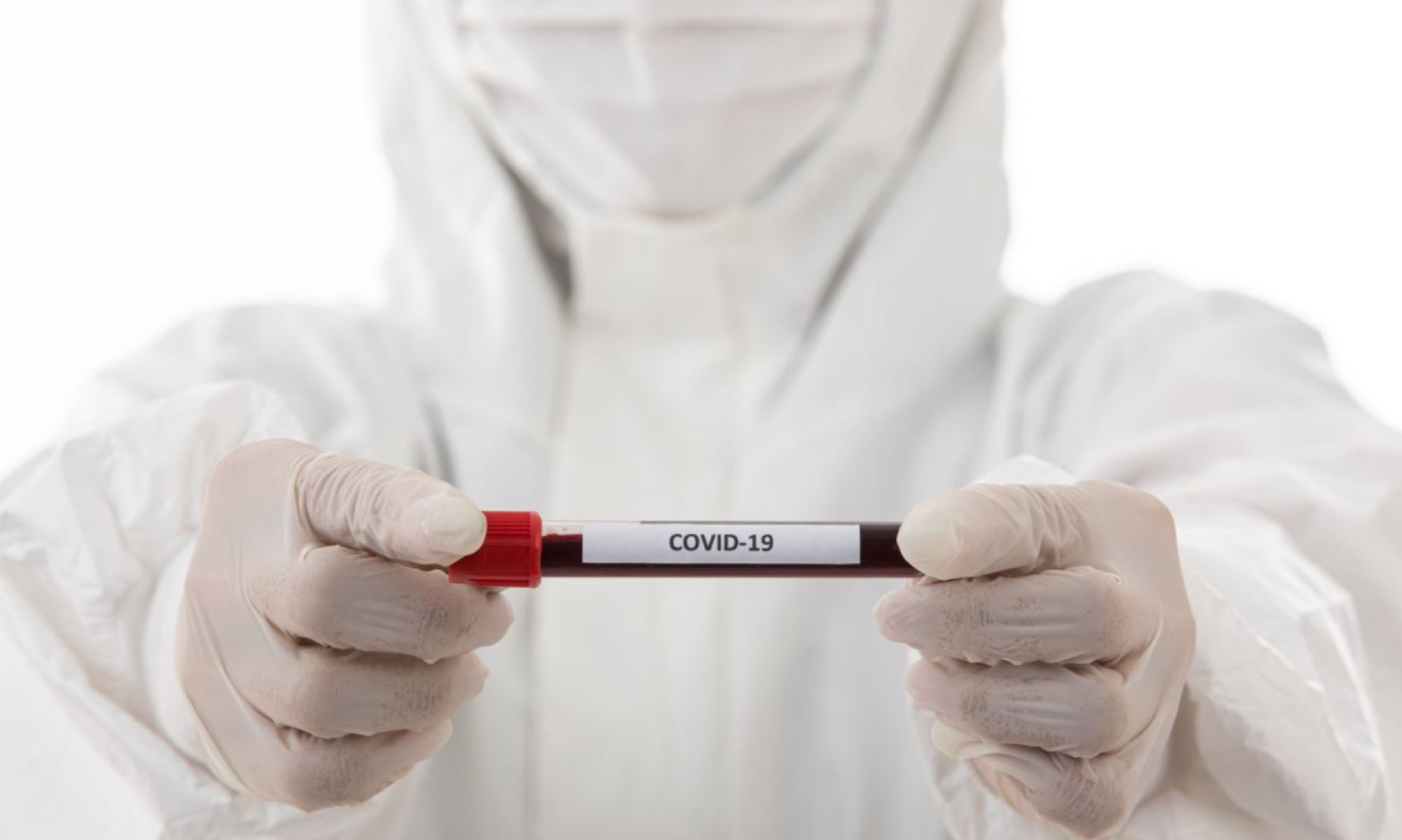Press release:
Epstein-Barr virus (EBV) reactivation resulting from the inflammatory response to coronavirus infection may be the cause of previously unexplained long COVID symptoms — such as fatigue, brain fog, and rashes — that occur in approximately 30% of patients after recovery from initial COVID-19 infection. The first evidence linking EBV reactivation to long COVID, as well as an analysis of long COVID prevalence, is outlined in a new long COVID study published in the journal Pathogens.
“We ran EBV antibody tests on recovered COVID-19 patients, comparing EBV reactivation rates of those with long COVID symptoms to those without long COVID symptoms,” said lead study author Jeffrey E. Gold of World Organization. “The majority of those with long COVID symptoms were positive for EBV reactivation, yet only 10% of controls indicated reactivation.”
Continue reading “Long COVID symptoms likely caused by Epstein-Barr virus reactivation”